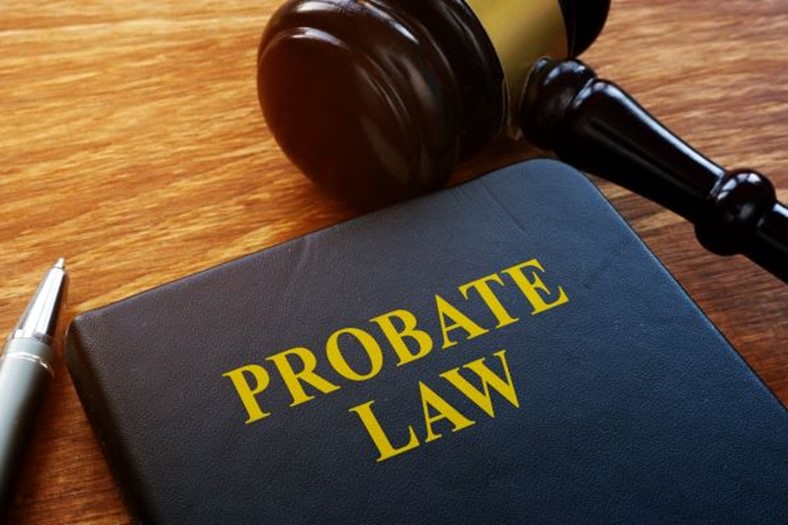Historically, Inheritance Tax (IHT) was a tax on the wealthy. However, house prices are constantly increasing whilst the tax-free nil rate bands have been fixed since 2009/10 and will stay fixed until 2028. This will lead to an increase in estates being liable to IHT.
Dealing with the administration of a loved one’s estate is a stressful and confusing task. Ensuring your tax returns are done accurately is an especially worrying matter with tax authorities tasked to tackle tax avoidance. The Daily Telegraph recently reported that HMRC has claimed back “a record £326m through investigations last year”.
A common area that executors make mistakes on is lifetime gifts. If a deceased person has given a gift within 7 years of their death, IHT (on a sliding scale) will be payable on that gift. These gifts have the potential to drastically change the IHT payable and without in-depth investigation could lead to the executors misfiling IHT returns. Often, to conduct a thorough analysis on lifetime gifts, the beneficiary will have to sift through the deceased’s bank statements.
Another area that executors often get confused concerns valuing assets in the deceased’s estate. For any property in the estate, it is good practice to get a RICS valuation. HMRC will look very closely at property values and this provides clear evidence for the value claimed. Executors should be careful to maintain a similar level of care when it comes to personal chattels. Often, executors try and group the deceased’s items into one total figure. In fact, any item that might be of value (over £1,500) should be valued by an appropriately qualified individual and separately listed on the IHT forms.
Finally, it is useful to note that once all IHT has been paid, the executor should submit Form IHT30 to HMRC. Once granted, the executor will receive a clearance certificate that confirms no more IHT is due on that estate (this is subject to certain conditions).
To assist your executor in distributing your estate, you should ensure that you have a valid, professionally drafted will which clearly explains your wishes.
For further information on this topic or on any other legal area, please contact John Szepietowski or Kay Stewart at Audley Chaucer Solicitors on 01372 303444 or email admin@audleychaucer.com or visit our Linkedin page at https://www.linkedin.com/company/audley-chaucer-solicitors/.
This information was correct as of February 2023.
